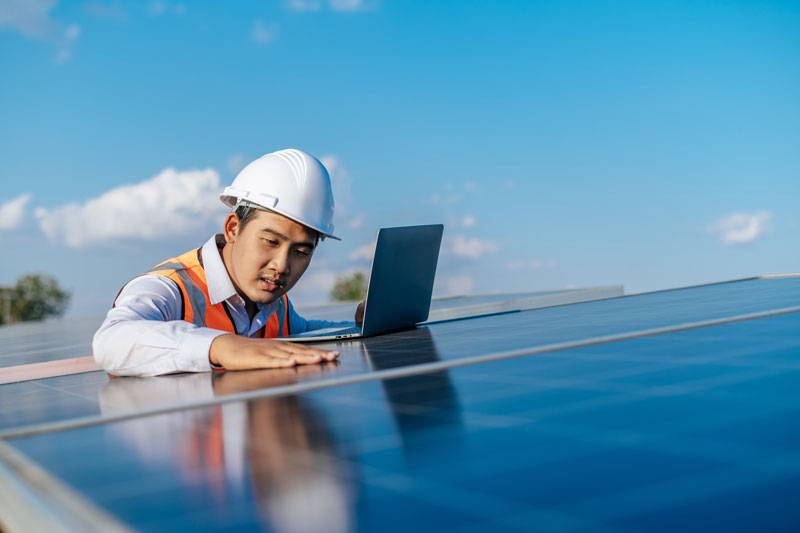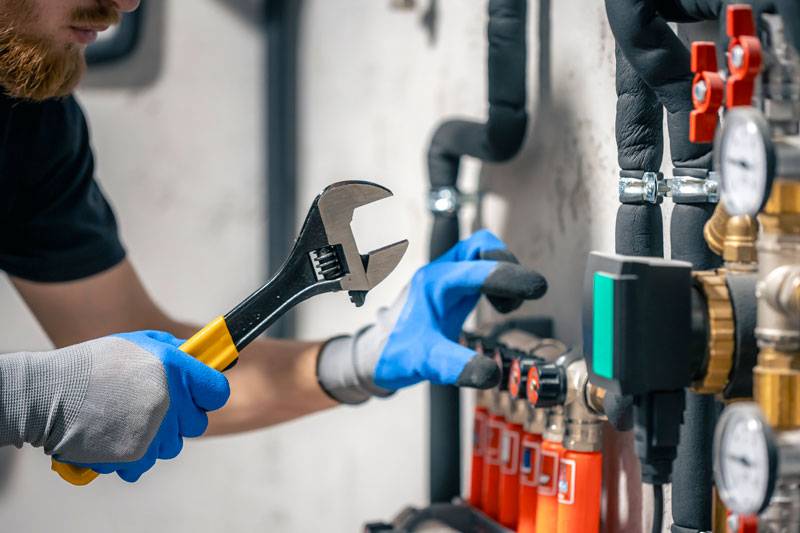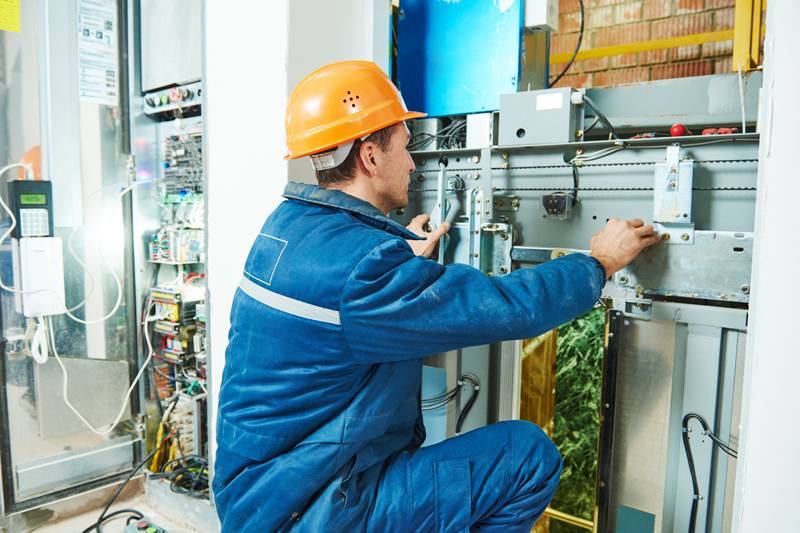HVAC stands for Heating, Ventilation, and Air Conditioning. It refers to systems that help regulate the indoor climate, making spaces more comfortable and healthy. These systems can include air conditioners, heaters, dehumidifiers, and other equipment. HVAC is crucial for controlling temperature, humidity, and air quality, making sure indoor environments stay comfortable all year round.
HVAC systems are used in a variety of places, from homes and offices to hospitals and factories, and even in cars, planes, and ships. They’re not just about comfort—they also help keep the air clean and safe, which is especially important for health and well-being.
Heating
Heating systems are necessary, particularly in colder weather, to keep spaces warm. These systems can range from central heating units to smaller, portable heaters used in places like warehouses and construction sites where large systems aren’t practical.
Ventilation
Ventilation helps improve indoor air quality by moving stale air out and bringing fresh air in. It removes moisture, dust, and other harmful particles, preventing issues like mold and poor air quality. Ventilation can be natural, like opening windows, or mechanical, with fans and ducts.
Air Conditioning
Air conditioning helps keep spaces cool and comfortable, especially during hot weather. By removing heat from the air, air conditioners help control temperature and humidity, which can improve both comfort and productivity, making it a common feature in homes and businesses.
HVAC System Overview
The main purpose of HVAC systems is to create a comfortable indoor environment while keeping energy use and costs low. They ensure that air is distributed evenly, pressure is balanced, and energy is used efficiently, whether in homes, offices, or factories.
Air Conditioning Systems and Maintenance
Air conditioning systems work by removing heat from the air through a process called refrigeration. Regular maintenance, like cleaning filters and checking key parts, helps keep these systems working well and lasting longer.
Energy Efficiency and Sustainability
As environmental concerns grow, many HVAC systems are being designed to use less energy. Solutions like geothermal heat pumps and energy recovery systems help reduce energy consumption and make buildings more sustainable.
Ventilation for Indoor Air Quality
Good ventilation is essential for keeping indoor air clean, especially in places like kitchens or bathrooms. Mechanical systems often include filters and dehumidifiers to control moisture and pollutants, while natural ventilation relies on airflow through windows and vents.
What HVAC Systems Provide
In addition to comfort, HVAC systems are important for creating a healthy indoor environment. By controlling temperature and air quality, they help prevent health issues and improve overall productivity.
HVAC Field Service Software: A Guide for Business Owners
As an HVAC business owner, I know how vital it is to keep operations running smoothly. One of the most effective ways to achieve this is by using HVAC field service software.











